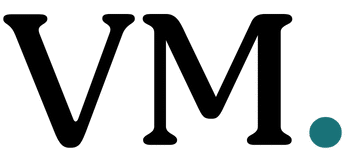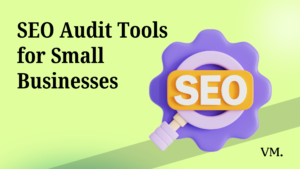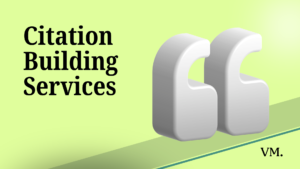Anyone in marketing knows how vital organic search is to bringing customers through the virtual door. Pro SEO tools help attract those valuable visitors who actually *want* what you offer.
Whether you are an independent blogger, an eCommerce business, or part of a marketing team, pro SEO tools can boost your site’s search engine ranks. Let’s take a look at why and which tools might be best for you.
Search engine optimization, or SEO, relies on a constantly evolving algorithm. That’s where professional SEO tools really come in. These software products offer a specialized edge over free tools like any pro.
Why are Pro SEO Tools Important for Organic Search?
For many businesses, being found organically through searches is even more effective than paid advertising. Unlike a fleeting ad, a top organic ranking continues to draw visitors (and potential customers).
Pro SEO tools streamline the complex, sometimes tedious tasks needed for great SEO, helping attract those users.
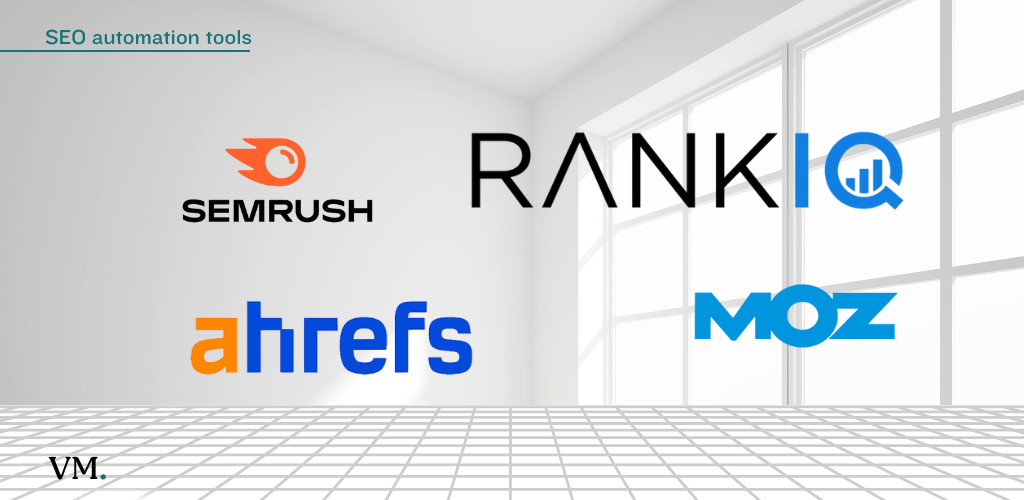
Benefits of Using Pro SEO Tools
Think of pro SEO tools as extensions of your skillset. Like an artisan relies on their collection of finely crafted instruments, so does the seasoned SEO expert.
But there’s a big difference – pro SEO tools simplify what’s usually time-consuming, ensuring every bit of content packs a punch.
Here’s why:
Advanced Keyword Research:
One great example is keyword research, a crucial part of SEO. Free tools might tell you what’s popular right now. A genuinely fantastic keyword tools website doesn’t just spit out popular keywords.
Instead, it looks at topics, difficulty versus volume, and user intent – things your competitors, using the free tool, probably aren’t even considering.
One tool known for precisely this is RankIQ.
In-depth SEO Audits and Competitor Analysis:
You’ll find lots of websites promising free SEO audits. What they often miss, though, is accurate analysis, the kind that identifies not just the ‘what’ but the ‘why’ and suggests concrete action steps.
SEOptimer, for example, is lauded for going beyond the surface by breaking down issues impacting website performance. This means going more profound than simply listing matters to show how elements like image compression or code errors affect those all-important load speeds, which can impact your search engine ranking.
Streamlining Content Creation
You’ll hear “content is king” everywhere. What’s not so commonly discussed is the sheer amount of effort needed to plan, create, optimize, and monitor high-quality SEO content.
Tools like Surfer are incorporating AI-powered content insights.
The result? Features like real-time scoring of your on-page SEO strategy can streamline your content workflow in ways not possible just a few years ago, enhancing your overall SEO process.
Factors to Consider When Choosing Pro SEO Toolkit
When selecting a professional SEO toolkit, it is essential to consider how well it integrates with your overall SEO process and whether it can help improve your search engine rankings through comprehensive keyword research, in-depth audits, and efficient content creation.
Features and Functionality
Do the features meet your needs?
What’s essential for a beginning blogger or small eCommerce site will differ from what’s essential for someone handling multiple enterprise clients.
|
User Type
|
Recommended SEO Toolkit`s
|
Top Feature to Prioritize
|
|---|---|---|
|
Freelancers, Consultants
|
Ease of client management (multiple projects), customizable reporting
|
|
|
eCommerce Businesses
|
SEMRush, Ahrefs, seoClarity (if budget allows), Moz pro
|
Strong keyword research, competitor analysis, ability to analyze existing backlinks and page performance
|
|
In-house marketers
|
Depends greatly on business size/scope, marketing budget - could include free options paired with one paid tool
|
Prioritize what solves YOUR pain poit - what area of SEO could you use help with? What fits the budget?
|
Cost and Pricing
SEO software often comes with recurring subscription fees, which your budget must account for. If you are new to this and unsure which to try, several pro-SEO toolkits offer free trials, like SEMrush.
Learning Curve
I can’t overestimate how crucial ease of use is when selecting tools. I’ve personally tried many supposedly “simple” tools that ended up with confusing dashboards.
What good are great optimization features or even AI-powered content suggestions if it takes hours just to find the report you’re looking for?
Advanced Strategies and Emerging Trends in Organic SEO for 2025
As organic SEO continues to evolve, mastering the latest strategies and staying ahead of emerging trends is crucial for sustained success in search rankings and attracting quality traffic. Beyond foundational tools and techniques, advanced SEO practices now integrate deeper user intent understanding, AI-driven insights, and holistic content strategies that align with evolving search engine algorithms.
Deepening User Intent Analysis for Better Targeting
Modern SEO goes far beyond simple keyword matching. Understanding the why behind a search query—user intent—is now paramount. Search engines increasingly prioritize content that precisely answers the needs of users at different stages of their buyer journey, whether informational, navigational, or transactional.
Advanced SEO tools now incorporate intent signals to help marketers segment keywords by intent type and craft content that resonates with each audience segment effectively.
This approach improves lead quality by aligning content with the visitor’s mindset, increasing the chances of conversion and customer retention.
Leveraging AI and Machine Learning for Content Optimization
Artificial intelligence has become a game-changer in SEO, especially in content creation and optimization.
AI-powered platforms provide real-time feedback on content relevance, keyword usage, and semantic richness, ensuring that pages not only include target keywords but also cover related topics comprehensively.
These tools help streamline content workflows by suggesting improvements that enhance user engagement metrics, which are increasingly important ranking factors.
Integrating Technical SEO with User Experience (UX)
Technical SEO remains a foundation, but its role is expanding to encompass overall user experience.
Search engines now evaluate site speed, mobile-friendliness, secure connections (HTTPS), and smooth navigation as essential ranking criteria.
Tools that automate technical audits, such as Sitebulb or Screaming Frog, identify issues like broken links, slow loading times, and crawl errors, enabling quick fixes that directly impact rankings and user satisfaction.
A seamless UX reduces bounce rates and increases dwell time, signaling to search engines that your site is valuable and trustworthy.
Building Authority Through Strategic Link Building and Brand Presence
Link building continues to be a critical factor for organic SEO, but the focus has shifted toward quality and relevance rather than quantity.
Earning backlinks from reputable, industry-relevant websites boosts domain authority and signals credibility to search engines.
Additionally, building a consistent brand presence across digital channels—including social media, forums, and industry publications—supports organic search visibility by increasing branded searches and direct traffic.
Holistic SEO Measurement and Continuous Improvement
Effective SEO demands ongoing measurement and adaptation.
Using comprehensive analytics tools like Google Analytics and Google Search Console, marketers track organic traffic patterns, user behavior, and conversion metrics.
Regularly monitoring keyword rankings alongside engagement data allows for informed refinements to SEO strategies, ensuring alignment with both search engine updates and evolving customer preferences.
Automated reporting and rank tracking tools help maintain visibility into SEO performance without excessive manual effort.
Preparing for the Future: Voice Search and Visual Search Optimization
Emerging search modalities are reshaping how users find information.
Voice search, driven by smart assistants, favors natural language queries and local SEO optimization.
Visual search technology allows users to search using images, requiring businesses to optimize image metadata and structured data.
Incorporating these elements into SEO strategies ensures readiness for the next wave of organic search behaviors.
The Human Element in the Age of Automated SEO
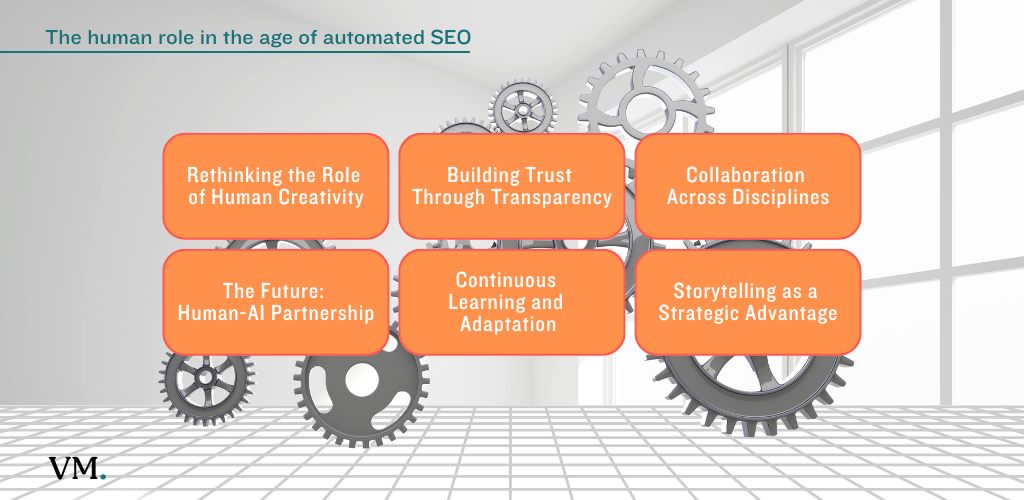
Rethinking the Role of Human Creativity
In a landscape dominated by automation, artificial intelligence, and ever-evolving algorithms, the human element remains a critical differentiator in successful SEO strategies. While pro SEO tools and AI-driven platforms automate technical tasks, identify keyword opportunities, and even suggest content improvements, it is human creativity and strategic thinking that inject authenticity and resonance into digital content.
Storytelling as a Strategic Advantage
Modern SEO is no longer just about keyword density or technical compliance. The most effective brands are those that weave compelling narratives throughout their websites, blog posts, and social channels. Storytelling builds emotional connections, fosters loyalty, and encourages sharing—signals that search engines increasingly recognize as markers of quality and authority1.
A well-crafted story can transform a generic product page into an engaging journey, making technical SEO enhancements more meaningful by giving visitors a reason to stay, explore, and convert. Marketers who blend data-driven insights from SEO tools with creative storytelling are better positioned to stand out in crowded search results.
Collaboration Across Disciplines
SEO success in 2025 requires seamless collaboration between content creators, developers, designers, and data analysts. While AI can automate audits and surface optimization opportunities, it is the cross-functional teamwork that ensures technical fixes align with brand voice and user experience.
For example, a developer may resolve site speed issues flagged by an audit tool, but a content strategist ensures that the resulting faster site delivers stories and information in a way that matches the audience’s needs and expectations. This synergy between technical and creative teams is essential for holistic SEO performance2.
Building Trust Through Transparency
As search engines increasingly evaluate expertise, authority, and trust (EAT), brands must prioritize transparency and authenticity in their content. This means clearly citing sources, showcasing author credentials, and being upfront about product limitations or challenges. Human editors play a vital role in ensuring that AI-generated or tool-assisted content maintains these standards, building trust with both users and search engines2.
Continuous Learning and Adaptation
The SEO field is in constant flux, with algorithm updates, new technologies, and shifting user behaviors. Human adaptability—curiosity, willingness to experiment, and openness to feedback—remains irreplaceable. Marketers who regularly test new strategies, analyze results, and iterate on their approaches will continue to thrive, even as automation handles more routine tasks1.
The Future: Human-AI Partnership
Looking ahead, the most successful SEO practitioners will be those who embrace a partnership model with AI and automation. Rather than viewing technology as a replacement, they will leverage it to amplify their own expertise, freeing up time for creative strategy, nuanced analysis, and genuine relationship-building with audiences.
In summary, while pro SEO tools and AI are indispensable for scaling and optimizing digital marketing efforts, it is the uniquely human qualities—creativity, empathy, collaboration, and adaptability—that ultimately drive sustainable, long-term SEO success
My Summary
Organic search relies on more than simply throwing content up on a website and hoping for the best. Pro SEO tools are a smart choice because they help you identify what search engine ranking algorithms are looking for and provide an edge for attracting valuable visitors who convert into paying customers.
Whether you need advanced keyword analysis, automated reporting features, competitor insights, or help optimizing content, the right tools will become an indispensable asset to your SEO arsenal.
Remember, though, at the end of the day, it’s up to you, the human behind the pro-SEO tools, to craft a strategic and creative SEO strategy.
FAQs
Which SEO tool is best?
Choosing the right SEO tool isn’t “one size fits all,” unfortunately. Many great tools are available – the real trick is finding what works for *your* unique business needs and budget.
The “best” pro SEO tool will include features offered, ease of use, and price point.
Are SEO tools free?
While excellent free SEO tools exist, you’ll encounter limitations that paid “pro” versions address. Think of it like a sneak peek versus owning the entire movie.
How much do SEO tools cost?
Prepare for recurring subscription fees, which vary widely. Expect basic plans starting at \$19/month, while more robust packages can go well beyond \$500/month.
For example, Rank Ranger offers pro features while remaining more budget-friendly.
Are SEO tools worth it?
From my experience, they are. Pro SEO tools are game changers. Investing in pro-level tools saves countless hours I used to waste on tasks like analyzing website performance, uncovering competitor strategies, and the dreaded keyword research.
The key is selecting one with features that simplify YOUR marketing life.
Why should I invest in professional SEO tools instead of using free ones?
Professional SEO tools provide deeper insights and more accurate data than free alternatives. They offer:
- Advanced keyword research with user intent analysis
- Comprehensive site audits
- Competitor tracking and analysis
- Real-time performance monitoring
- Automated reporting features
- Integration capabilities with other marketing tools
- More frequent data updates
- Professional-grade support
How much do professional SEO tools typically cost?
The cost varies widely depending on features and scale:
- Basic professional plans often start at $50-100 per month
- Mid-tier solutions range from $100-300 per month
- Enterprise-level tools can cost $500+ per month Most tools offer monthly subscriptions with discounts for annual commitments.
